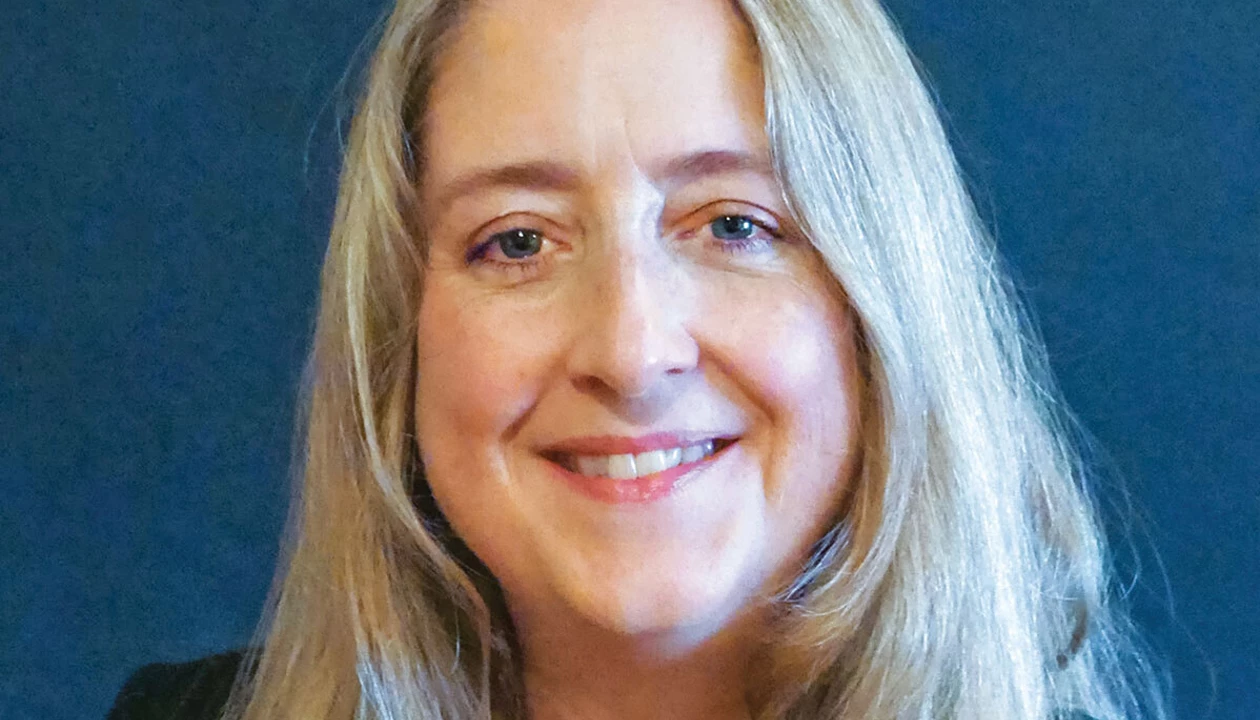The American Chemical Society (ACS) is reevaluating the format and structure of its meetings as it seeks to adapt to evolving needs within the scientific community. This decision comes in response to the significant shifts in how professionals engage in networking, sharing knowledge, and conducting research, particularly in the wake of the COVID-19 pandemic.
The ACS, which publishes Chemical & Engineering News (C&EN), is considering a blend of in-person and virtual formats for its future meetings. This approach aims to enhance participation while addressing logistical challenges and the growing demand for more accessible scientific exchanges.
Embracing Hybrid Models
As many organizations pivoted to virtual formats during the pandemic, the ACS has recognized the benefits of flexibility in meeting structures. Combining in-person interactions with online accessibility can foster greater inclusivity, allowing more scientists to participate regardless of geographic barriers. The ACS plans to implement these hybrid models starting from their meetings in 2024.
Feedback from members suggests that a significant portion of the scientific community values the ability to attend sessions remotely. This transition not only accommodates those unable to travel but also reduces the environmental impact associated with large-scale gatherings. The ACS is committed to making future meetings more sustainable and efficient.
An ACS survey indicated that over 60% of respondents preferred a hybrid model for future events. This response highlights a clear shift in expectations, as many professionals seek to balance the benefits of face-to-face interactions with the convenience of digital platforms.
Impact on Research and Collaboration
The potential changes to ACS meetings could also influence research funding and collaboration opportunities. By facilitating greater access to meetings, the ACS aims to connect a more diverse range of scientists, encouraging interdisciplinary partnerships that can drive innovation.
Moreover, the ACS emphasizes the importance of professional development through its events. The integration of virtual components could enhance educational workshops and networking sessions, making them more accessible to early-career chemists and those from underrepresented groups.
As the ACS continues to explore these changes, it remains committed to maintaining high standards for scientific discourse and collaboration. The organization’s leadership recognizes the essential role that meetings play in advancing chemistry and fostering community among professionals in the field.
The ACS is set to announce specific details regarding the structure of its upcoming meetings in the coming months. As the organization navigates these developments, it aims to ensure that its events remain relevant, impactful, and inclusive for all members of the scientific community.
With these upcoming adjustments, the ACS positions itself at the forefront of modernizing how scientific meetings are conducted, reflecting both current trends and the needs of its members. The evolution of these meetings could serve as a model for other professional organizations seeking to adapt to a rapidly changing landscape in the world of science.





































































